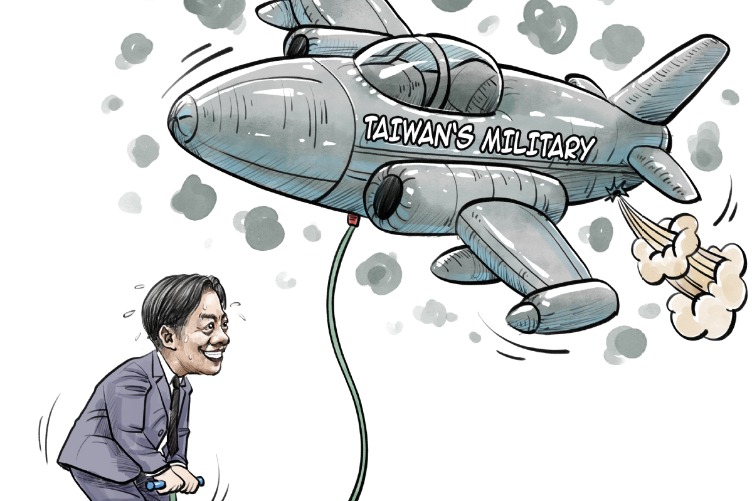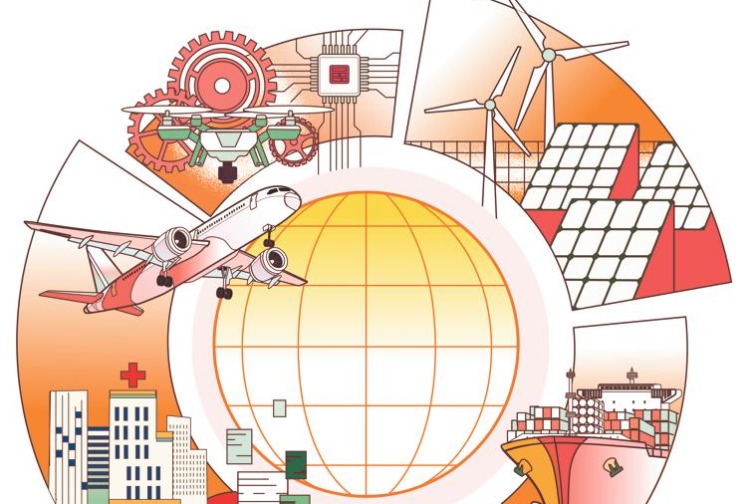Future of Sino-US ties rests on economy, trade, security


The future of Sino-US relations will be determined by two developments -- to what extent will China and the US decouple in economy and trade, and how will both countries engage and interact with each other on security issues, said Fan Jishe, a senior fellow at the Institute for International Strategic Studies, Party School of the Central Committee of the CPC.
He made the remarks on Oct 27 at a seminar analyzing the US Indo-Pacific strategy and its impact on China's security, which was sponsored by China Daily's Op-Ed Department and China Daily website.
"There are more similarities than differences in the Biden administration's policy toward China, and the major difference is how they mobilize allies when dealing with China," Fan said. "Certainly, President Biden does not tweet much in comparison with his predecessor."
Kurt Campbell, White House coordinator for the Indo-Pacific, has said, the best way to engage China is to "work with allies, partners and friends".
The Indo-Pacific Strategy is becoming the organizing concept for the Biden administration's China policy, and it has tried all possible efforts to serve this purpose, including the recently announced enhanced trilateral security partnership among the US, UK and Australia, the Quadrilateral Security Dialogue (QUAD) and so-called QUAD plus, the Five Eyes, the G7, the Democracy 10, and the Technology 12, Fan said.
On Oct 7, the CIA announced a reorganization to create two new mission centers, one focused on China, the other focused on emerging technology, climate change and global health.
President Biden's Secretary of State Blinken, Secretary of Defense Austin, and Vice President Harris have paid several visits to Southeast Asian countries, trying to bring them on board in dealing with China.
President Biden and his team talked a lot about strategic competition with China, and meanwhile said that the United States is not seeking a new Cold War. These statements are really confusing for Chinese experts, and they believe that the Biden administration says one thing and does another.
Nine months after President Biden took office, the bilateral relationship remains unstable, with great potential for further deterioration. After the phone call between the two heads of states, Sino-US observers are looking forward to the coming virtual meeting later this year, and hopefully that could help stabilize the consequential bilateral relationship, said Fan.































